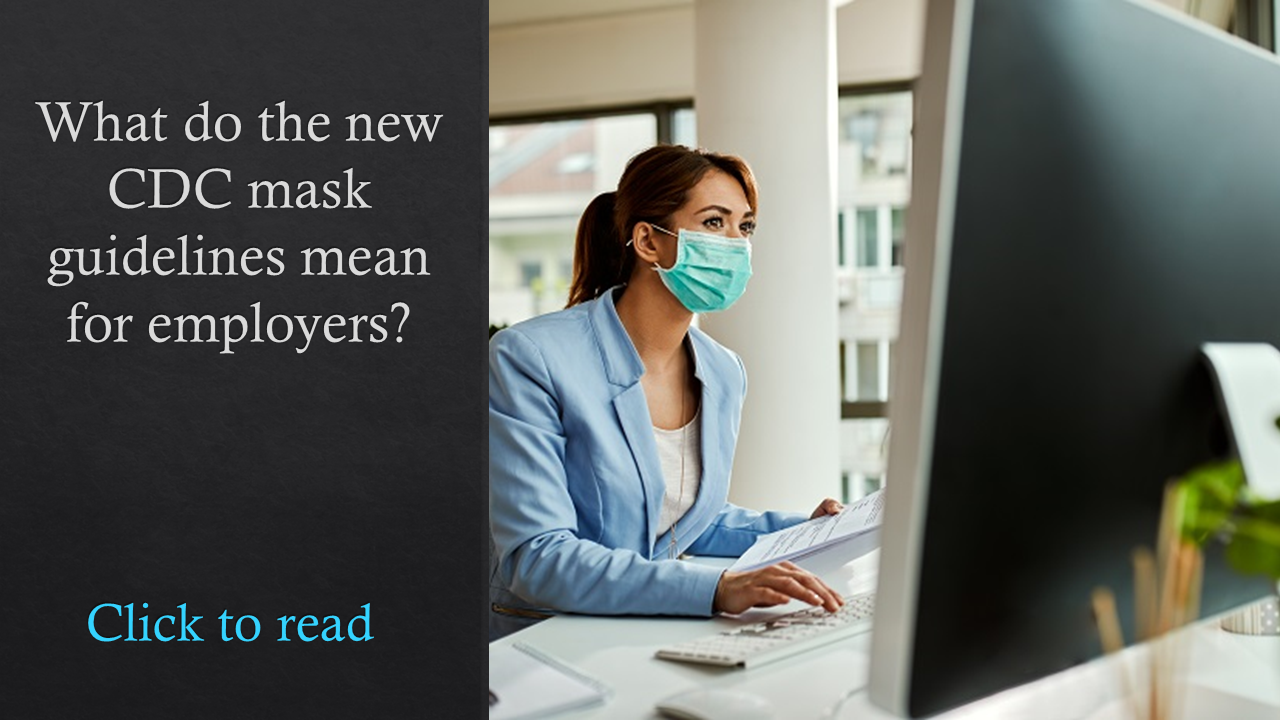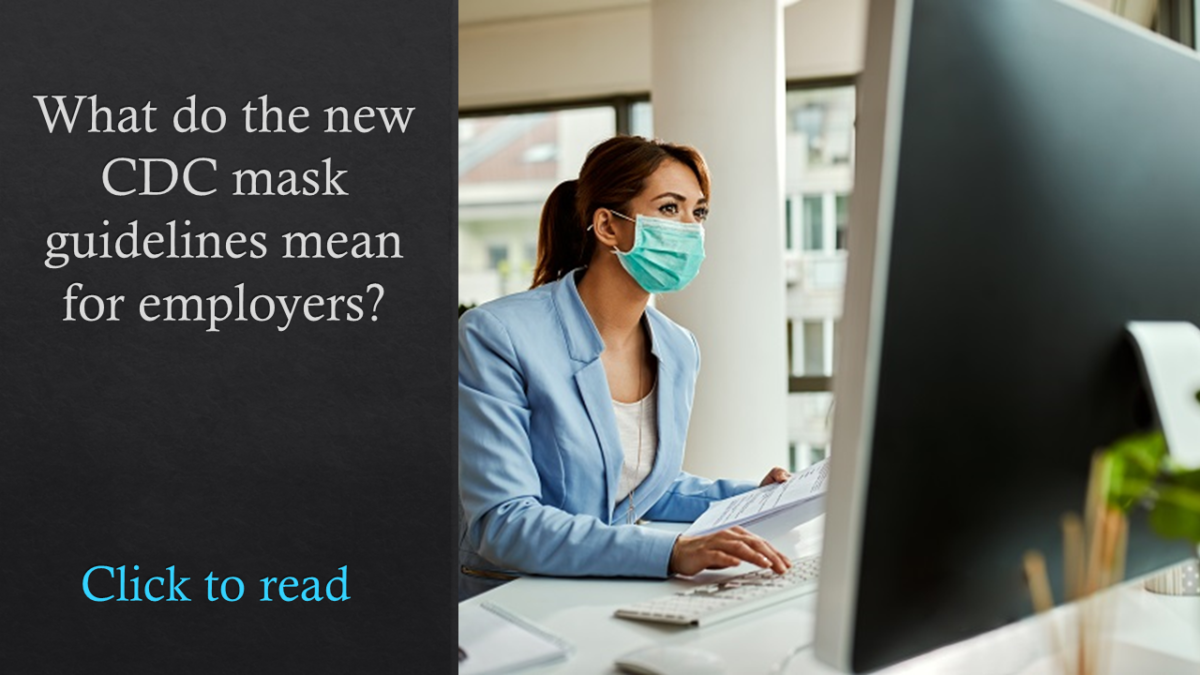‘Shocking’ number of leaders aren’t focused on COVID-19 vaccines: With vaccines now widely available and viewed as essential to ending the pandemic, one survey reveals some startling information about company plans regarding inoculations: Most HR leaders say they aren’t prioritizing vaccination. That’s according to a survey of 412 managers and HR leaders from software firm TinyPulse, which finds that 53% of HR leaders report that COVID-19 vaccine policy is not a priority or is a low priority. Read more here.
What to know about the 2022 HSA contribution limits: Employers have new limits to keep in mind as they prepare for open enrollment season later this year. Health savings account contribution limits for 2022 are increasing $50 for self-only coverage—from $3,600 to $3,650—and $100 for family coverage—from $7,200 to $7,300, the IRS announced last week. That’s a 1.4% increase from this year. Employees 55 and older can still sock away an additional $1,000 a year. Read more here.
10 big lessons from HRE’s Health & Benefits Leadership Conference: Benefits have always been a vital company strategy. But in the age of COVID-19—when health and safety were the biggest priorities and employees struggled with caregiving responsibilities, mental health issues and so much more—the importance of benefits has reached new heights. Smart employers and HR leaders turned to benefits as one of their biggest COVID-19 strategies to help struggling employees—a focus that will only continue during the pandemic and beyond. Read more here.
How burnout nearly ruined this exec’s life: Twelve years ago, Michael Levitt had his own “year of worst-case scenarios.” After spending nearly two years working 6 a.m.-11 p.m. daily at a healthcare start-up—leading to a sedentary lifestyle, a diet that included lots of fast food and constant stress—he suffered a heart attack that doctors said should have killed him. A few months later, he lost his job in the Great Recession. Faced with heart medication that cost him $1,000 a month, bills went unpaid and his family’s car was repossessed and their house was foreclosed on. “All of those things happened because I was burned out,” he said last week’s Health & Benefits Leadership Conference. Read more here.
‘Long overdue for systemic change,’ benefits getting new focus this year: It’s unquestionably been a tough year for employees: Aside from the obvious healthcare concerns of COVID-19, the pandemic has driven a rise in mental health issues, extreme stress for working caregivers and parents, high rates of burnout and much more. “Many of your employees are barely surviving,” Emily Paisner, director of marketing at Care@Work by Care.com, said last week at HRE’s Health & Benefits Leadership Conference. Read more here.
 Despite COVID-19, employees are still saving for retirement: Despite the financial challenges of COVID-19, employees mostly have stayed the course and continued socking away money for retirement, according to a new report. Last year, nearly 60% of employees participated in their workplace retirement plan—consistent with pre-pandemic participation rates in 2019, according to Bank of America, which dove into insights from the more than 3 million participants in the 401(k) plans they administer. The average 401(k) account balance grew to $81,000 in 2020 from $74,000 in 2019. Read more here.
Despite COVID-19, employees are still saving for retirement: Despite the financial challenges of COVID-19, employees mostly have stayed the course and continued socking away money for retirement, according to a new report. Last year, nearly 60% of employees participated in their workplace retirement plan—consistent with pre-pandemic participation rates in 2019, according to Bank of America, which dove into insights from the more than 3 million participants in the 401(k) plans they administer. The average 401(k) account balance grew to $81,000 in 2020 from $74,000 in 2019. Read more here.
How COVID-19 has altered HR leadership: Although it’s been a difficult year, Kristin Johnson, chief human resources officer at Edward Jones, says it also brought new opportunities for better serving employees and rethinking leadership. “As human resources executives, we were in the thick of everything, which is appropriate because the pandemic, at its heart, is a human crisis,” she said at the Health & Benefits Leadership Conference. “It made us more aware than ever how much value we place on human connection and relationships.” Read more here.
